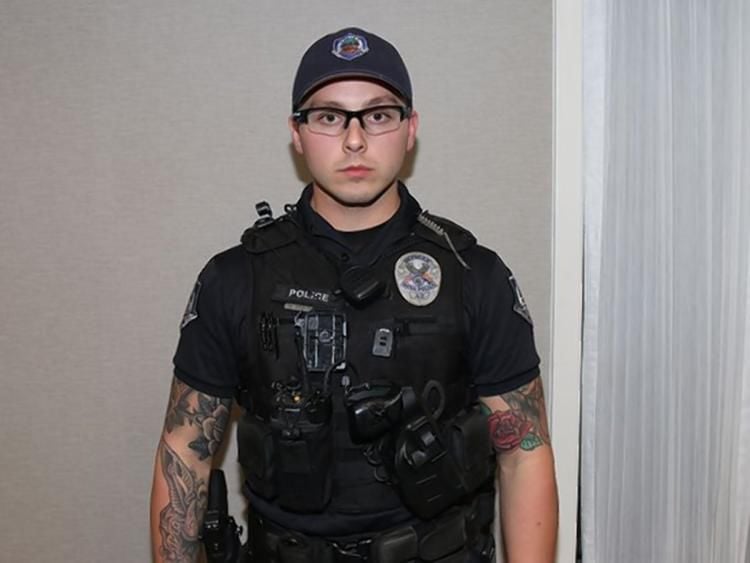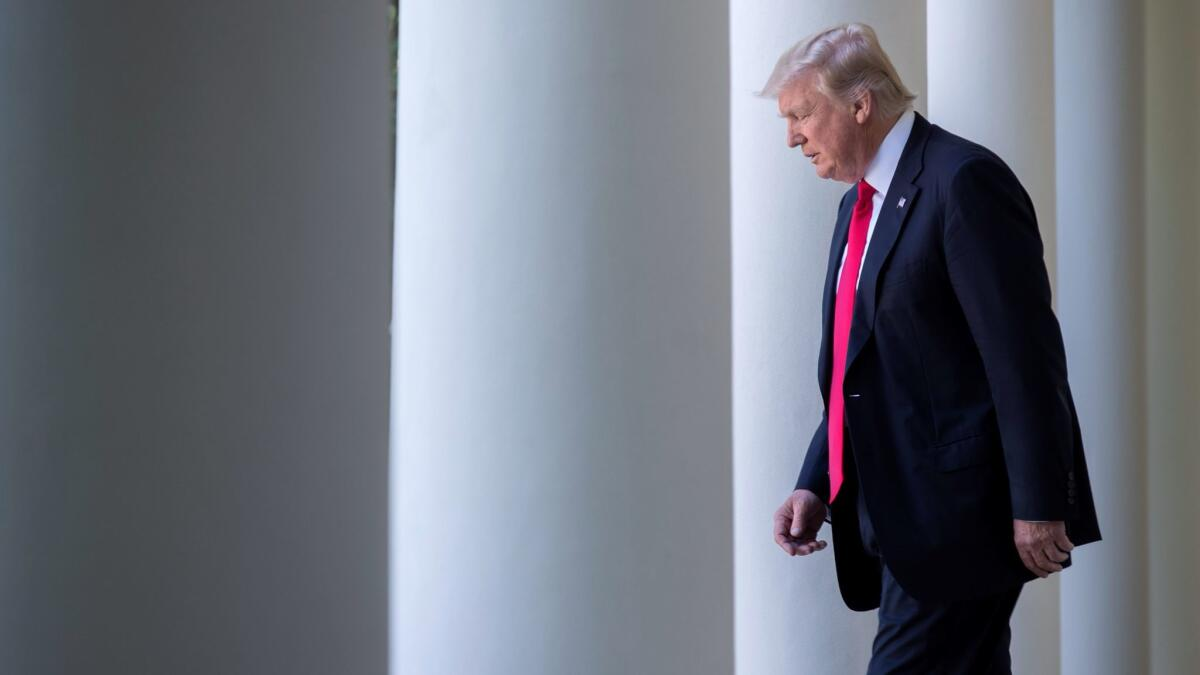The Moment of Sovereignty: Police Violence and Gun Culture
The age of social media has, over the last decade, made visible a pattern of police violence that is a particularly troubling part of a larger problem of disparities between white and black life in America. But the issue of police violence also has important connections to the gun debate, and if the issue of racial injustice causes us to overlook this aspect, efforts to stop police killings will be handicapped.
My students debate gun control, so I encounter a lot of different defenses of the Second Amendment, and occasionally some insightful ones. Recently one student made the point that guns are not really our problem in America, "it's more our gun-crazy culture." I count this as an important insight, but it doesn't go far enough because it fails to account for the materiality of culture itself. The guns theselves are as much a part of gun culture as we the people are and the ideas we have floating around in our heads.
The dominant American political ideal is that of the private, sovereign individual with absolute dominion and ultimate decision power within a specific, small, but enormously meaningful domain of one's own private property and one's own body. Government is derived from this individual sovereignty--a collective sovereignty formed of a compact between sovereign individuals. That is the story we tell, anyway. We often hear that guns are symbols--of masculinity, of power, etc.--and indeed, guns are physical symbols of this ideal of individual sovereignty. But they are not only symbols. They are also material progenitors of it. They are crucial actors in imagined and real performances of personal sovereignty.
Like most ideals, the ideal of the sovereign individual is largely fiction, but it also has creative force. Ideals shape reality as much as they are shaped by it. This particular ideal gets its affective force mostly from our vulnerability. It is born of fear--a mental shield against a basic fact of life: that we are interconnected, interdependent, and thus vulnerable. We Americans don't like to acknowledge that we live interdependent, entangled lives. This is surely related to the fact that we are uniquely unable to acknowledge climate change. We don't like to acknowledge that there are societal forces that escape our control, but which affect our lives greatly and intimately--the economy, government, the environment, popular opinion, technology, etc. So we invent this figure, this fiction, of the sovereign self.
And yet, we are faced with daily contradictions to it. We are faced with pervasive evidence of our lack of perfect agency, our vulnerability, and our lack of perfect freedom (not to mention the uncomfortable contradiction that we do not actually desire perfect freedom). One way of dealing with these contradictions is to project these attributes onto others who can play the part of the sovereign self more convincingly than we can, and with whom we can then identify. Demagogues like Donald Trump are distinguished by their willingness and ability to oblige this fascistic tendency. This projection of a desired self-image is what bonds the demagogue to his followers. If we don't have a demagogue with whom we can identify, we can invent conspiracy theories to serve essentially the same purpose. They are projections of sovereignty onto an imagined individual or group, out there, up there, somewhere, with true power. Q-anon presents an interesting melding of these two approaches.
The loaded gun, wielded, is more than just a representation of this ideal of sovereignty. It is an enactment of it. It is a performance which sustains, habituates, and perpetuates this ideal, inscribing it in material culture. There is a moment when killing absolutely must be done, we imagine, to preemptively protect life--one's own or another's. Some people--mostly, but certainly not exclusively white men--find themselves extraordinarily drawn to that moment as the moment of sovereignty. They often join police forces or SWAT teams, because these professions, even more than serving in the armed forces, are the professions that bring one closest to that moment of sovereignty. It is not precisely the moment of killing, but the moment when you say, "do this, or die," and wait, finger on the trigger. It is a moment of absolute power, a moment when one becomes the State itself. It is an embodied, performative moment that is deeply ideological, political, and affective, but also irreducibly material and mechanical--a moment of steel and flesh.
This armed performance of the sovereign self has particular resonances with white racism and has been instrumental in upholding white supremacy as a political order, not least by cloaking it in liberalism. Tamir Rice and many other black children have been executed for this ideal. But this fantasy of lethal sovereignty is not reducible to white racism. It has an autonomous malignancy that should not be overlooked.
Daniel Shaver, a white man, was murdered on the floor of a hotel hallway, shot to death by Philip Brailsford, a rookie cop who is shown in the body camera footage playacting this fantasy of sovereignty with an agonizing puerility, his finger itching on the trigger as an unarmed, prone Shaver attempts to comply with his orgiastic profusion of nonsensical and contradictory commands. Brailsford, at some prior moment of adolescent banality, had carved "you're fucked" on the stock of his service weapon. Not every cop is a Brailsford, not even most, but police culture is in need of change.



Comments
Post a Comment